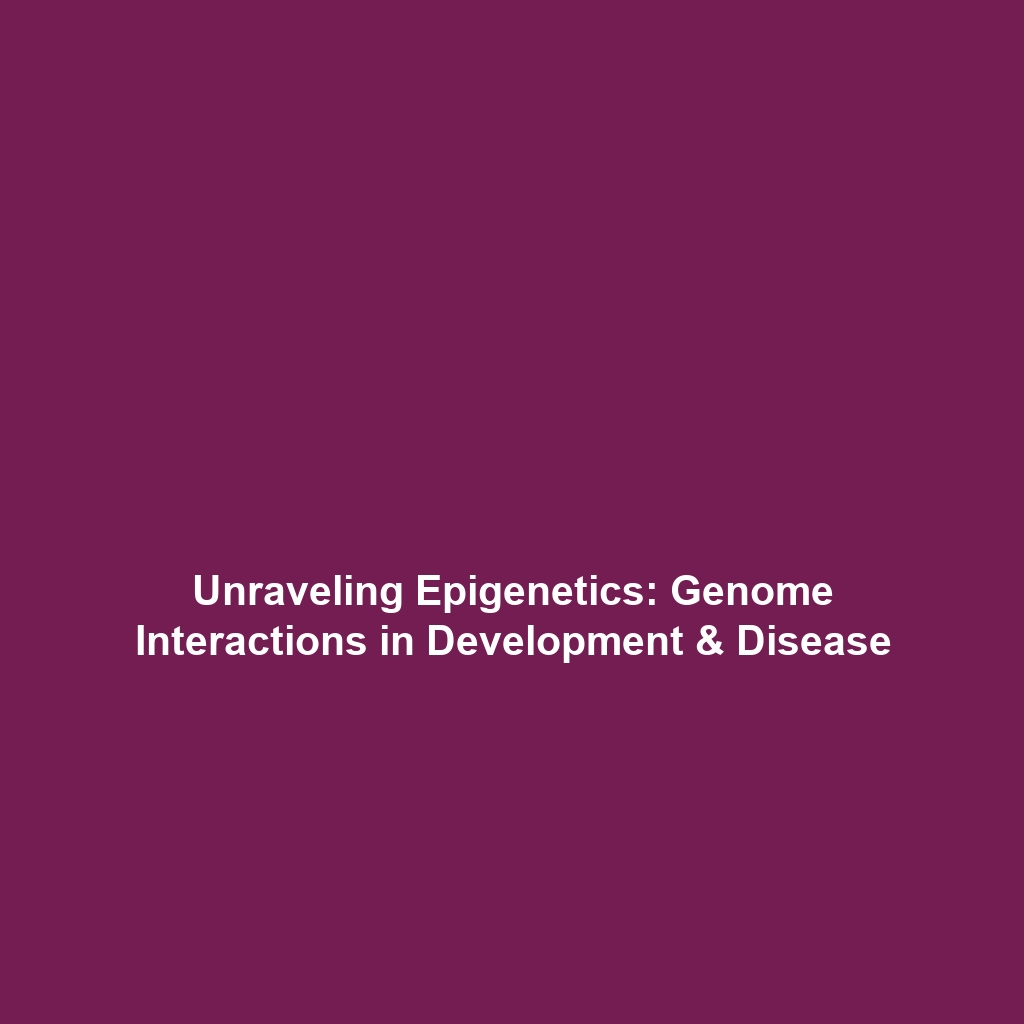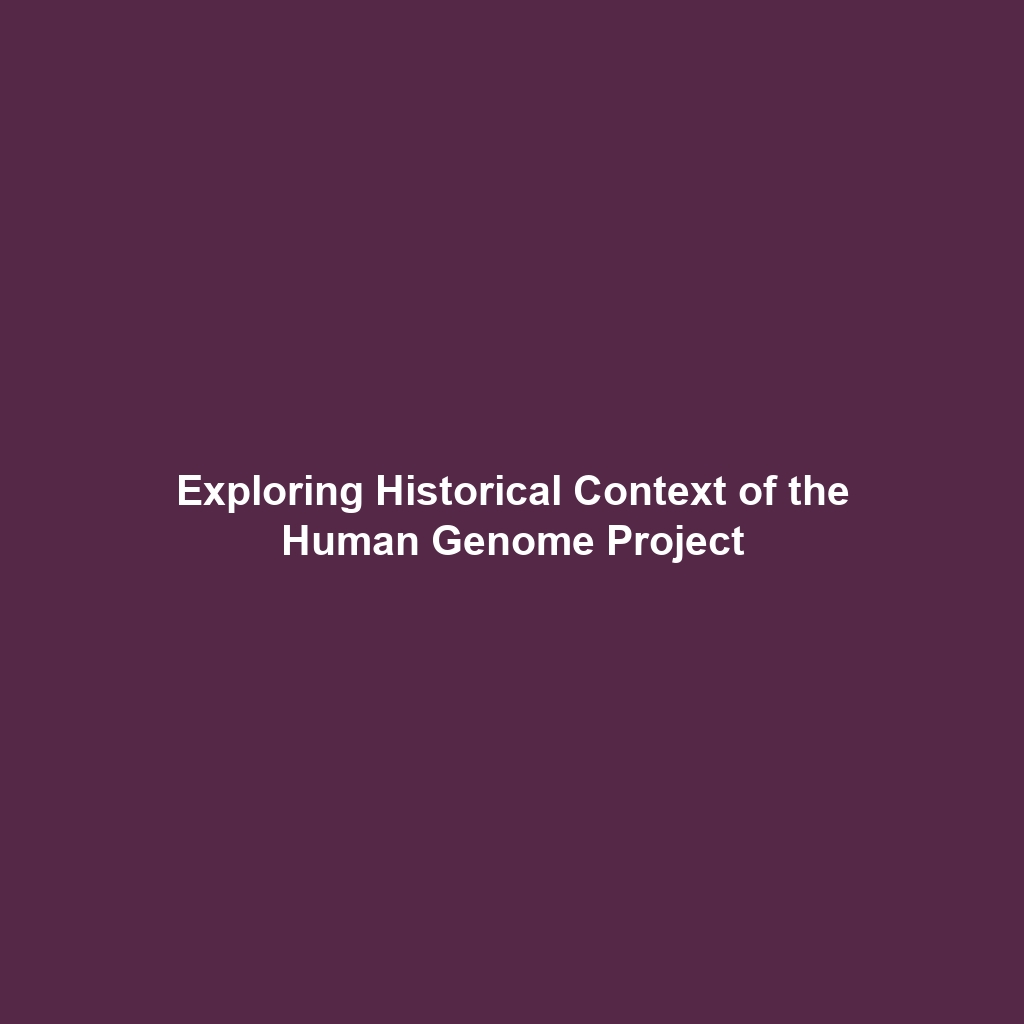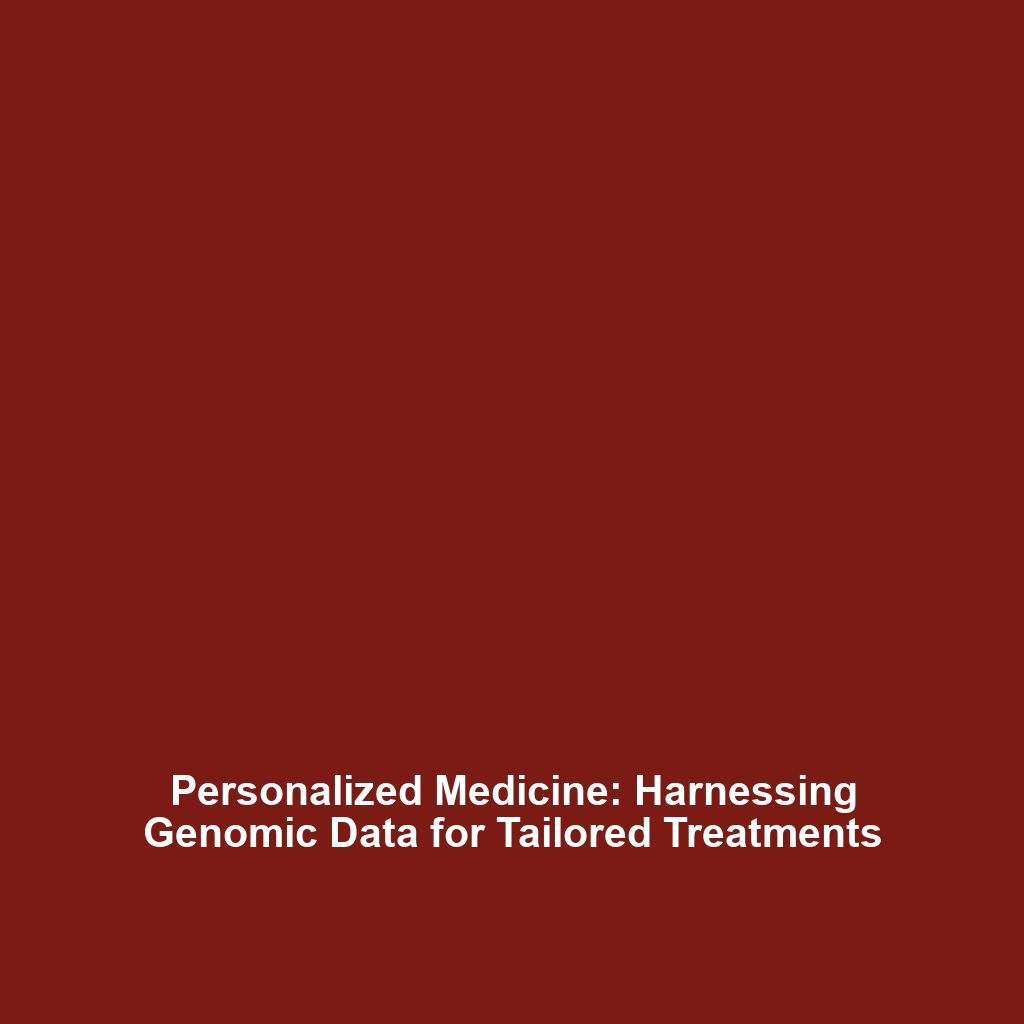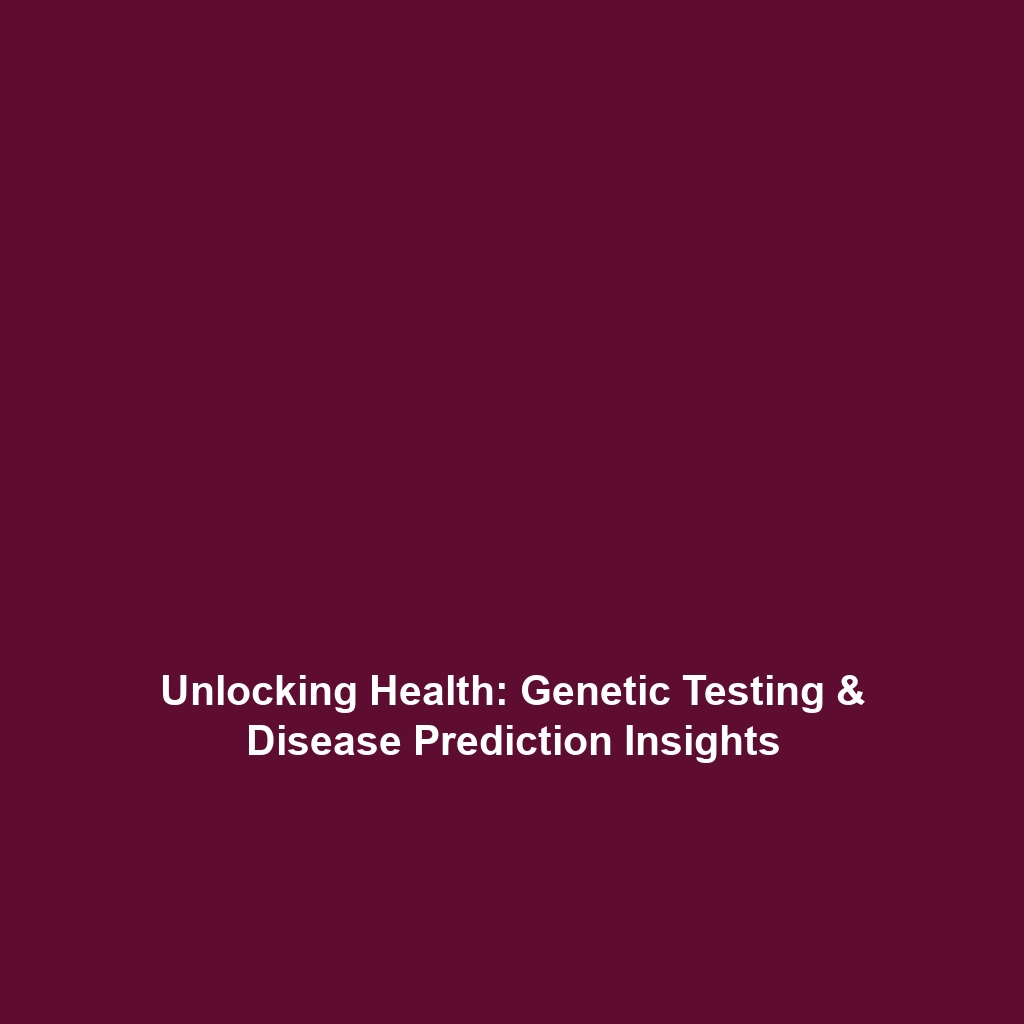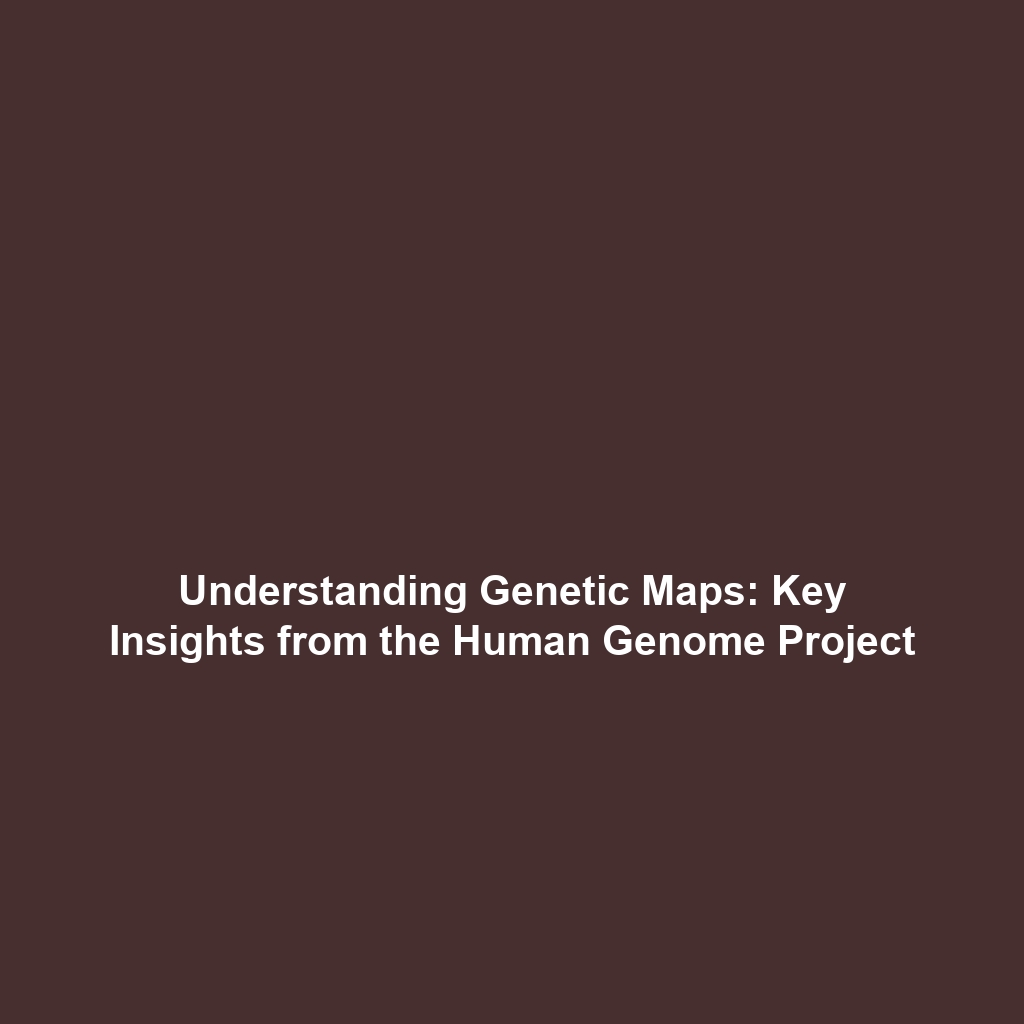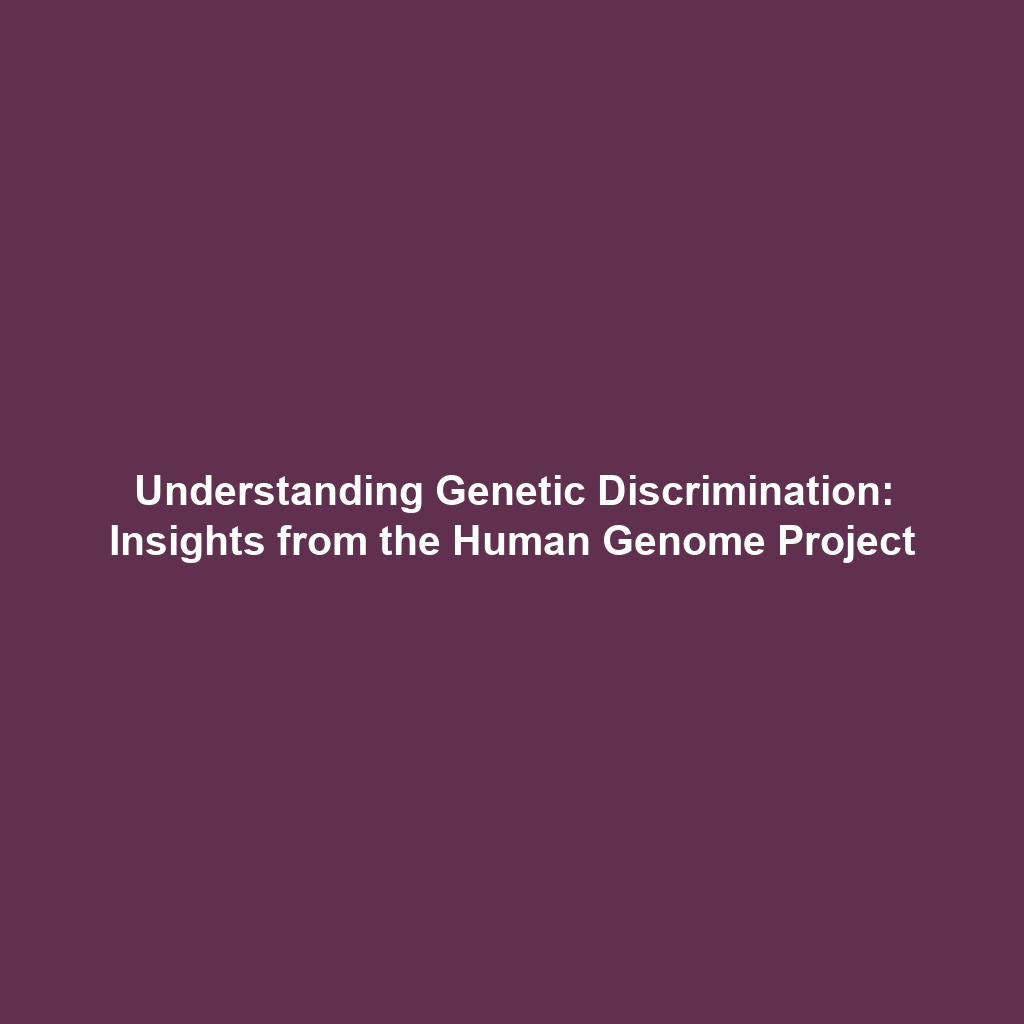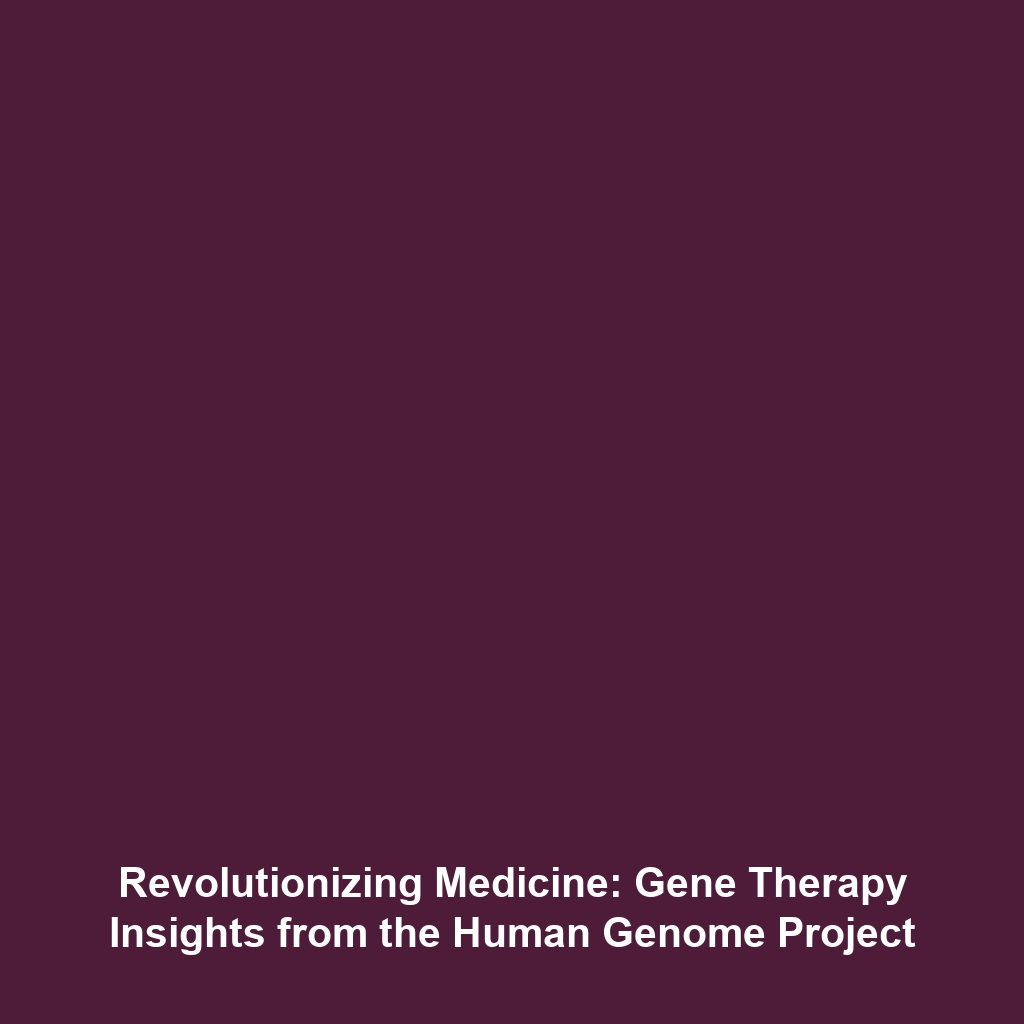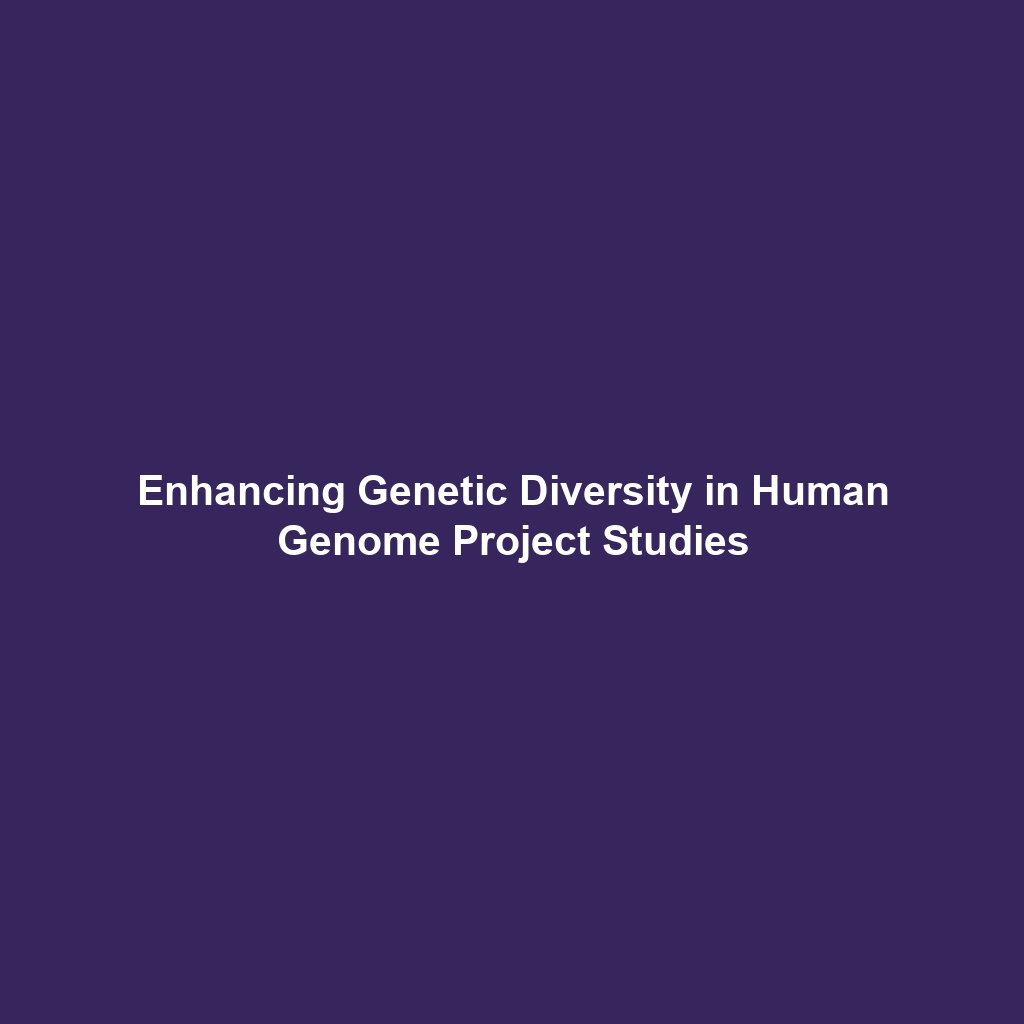How Epigenetic Mechanisms Interact with the Genome to Regulate Development and Disease
Category: Human Genome Project
Introduction
The study of epigenetic mechanisms—how genes are turned on or off without changing the underlying DNA sequence—plays a crucial role in understanding development and disease. As a significant area of research linked to the Human Genome Project, understanding epigenetics is essential for uncovering the complexities of genetic regulation. This knowledge allows scientists to explore the multifaceted interactions between epigenetic modifications and the genome, shedding light on issues ranging from embryonic development to the pathogenesis of diseases, including cancer. By delving into this topic, we gain insights into the intricacies of human biology and the potential for novel therapeutic strategies.
Key Concepts
Understanding the primary mechanisms of epigenetics is vital to appreciating how these processes interact with our genome. Key concepts include:
- DNA Methylation: The addition of methyl groups to DNA, influencing gene expression and cellular stability.
- Histone Modification: Chemical changes to histone proteins that package DNA, affecting access to genetic information.
- Non-coding RNAs: RNA molecules that regulate gene expression post-transcriptionally, playing roles in development and disease.
- Genomic Imprinting: A process where genes are expressed in a parent-of-origin-specific manner, impacting development.
These concepts underscore the relevance of epigenetics in the context of the Human Genome Project, which sequenced and mapped the entire human genome, providing a foundation for understanding these intricate mechanisms and their biological implications.
Applications and Real-World Uses
The applications of epigenetic research are vast and impactful, particularly regarding personalized medicine, which is a key focus of the Human Genome Project. Examples include:
- Cancer Treatment: Epigenetic markers are used in the diagnosis and treatment plans for various cancers, aiding precision oncology.
- Developmental Disorders: Understanding epigenetic alterations can guide therapies for conditions like autism spectrum disorders.
- Pharmacogenomics: Tailoring drug therapies based on an individual’s epigenetic profile enhances efficacy and reduces side effects.
These examples illustrate how epigenetic mechanisms play a pivotal role in enhancing our understanding of human health and disease, thus translating the findings of the Human Genome Project into real-world applications.
Current Challenges
While exciting, the study of epigenetics presents several challenges:
- Technical Limitations: Current methodologies for studying epigenetic changes may not capture the full spectrum of modifications.
- Interpretation of Data: The complexity of interactions among various epigenetic factors can complicate data interpretation.
- Ethical Concerns: The implications of manipulating epigenetic factors raise ethical questions regarding personal genetics.
These challenges highlight the need for continued research and development in the field of epigenetics, particularly in the context of the Human Genome Project.
Future Research and Innovations
The future of epigenetic research holds promise, with anticipated breakthroughs including:
- CRISPR Technology: Advances in gene-editing technologies are paving the way for precise manipulation of epigenetic marks.
- Machine Learning: The application of AI to analyze complex epigenetic data can lead to new discoveries in gene regulation.
- Longitudinal Studies: Research over time is essential to understand how epigenetic changes affect development and disease progression.
These innovations will significantly enhance our understanding of the interactions between epigenetic mechanisms and the genome, propelling research forward in the context of the Human Genome Project.
Conclusion
In summary, the interaction between epigenetic mechanisms and the genome is crucial for regulating development and disease. The insights gained from this research are not only foundational for the Human Genome Project but also crucial for the future of medicine and health. As the field progresses, it is vital to remain informed and engaged with the emerging discoveries and ethical implications. For further reading, explore related topics such as genomic medicine and personalized treatments.
